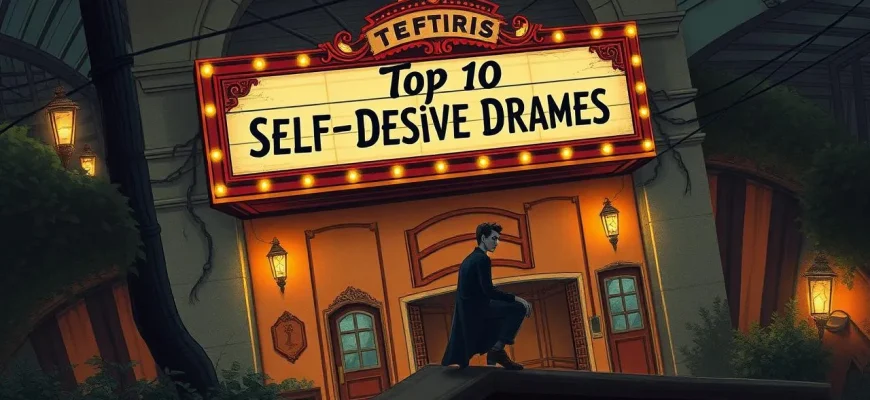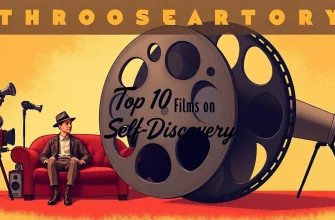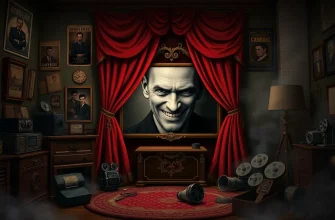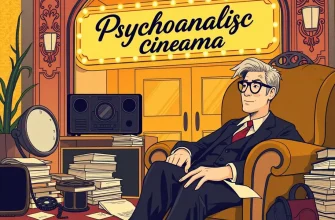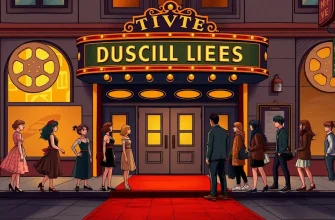The theme of self-destruction in cinema often serves as a powerful mirror to our own lives, reflecting the darkest corners of the human psyche. These films delve into the complexities of characters who, through their own actions or inactions, spiral into chaos. This curated list not only entertains but also invites introspection, offering a profound look at the consequences of one's choices and the potential for redemption or further descent.
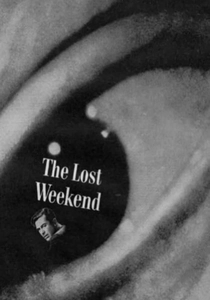
The Lost Weekend (1945)
Description: One of the earliest films to tackle alcoholism head-on, it follows a writer's four-day bender, capturing the essence of self-destruction through his desperate attempts to escape reality.
Fact: The film won four Academy Awards, including Best Picture, and was controversial for its time due to its candid portrayal of addiction.
 Watch Now
Watch Now
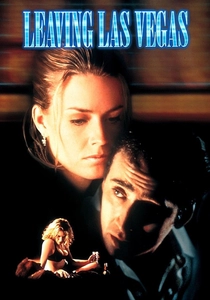
Leaving Las Vegas (1995)
Description: A tale of a screenwriter who moves to Las Vegas to drink himself to death, this film captures the essence of self-destruction through its protagonist's relentless pursuit of oblivion.
Fact: Nicolas Cage won an Academy Award for Best Actor for his role, and the film was shot in just 28 days.
 Watch Now
Watch Now
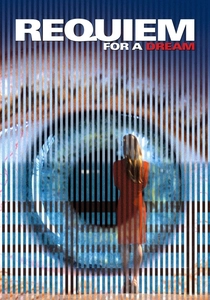
Requiem for a Dream (2000)
Description: This film is a harrowing journey into addiction, showcasing the devastating effects of drug abuse on four interconnected lives. It's a stark portrayal of how dreams can turn into nightmares when self-destruction takes hold.
Fact: The film's score by Clint Mansell has become iconic, often used in other media to evoke a sense of impending doom.
 Watch Now
Watch Now
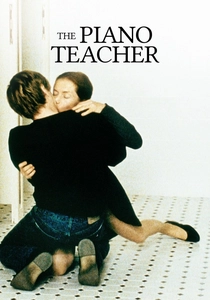
The Piano Teacher (2001)
Description: This film delves into the life of a repressed piano teacher whose self-destructive tendencies manifest in her sexual obsessions and masochistic behaviors.
Fact: Isabelle Huppert's performance was critically acclaimed, and the film won the Grand Prix at the Cannes Film Festival.
 Watch Now
Watch Now
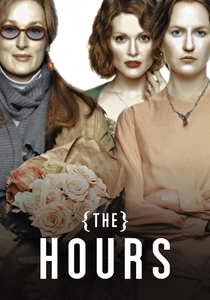
The Hours (2002)
Description: Three women from different eras, connected by Virginia Woolf's novel "Mrs. Dalloway," grapple with their own forms of self-destruction, highlighting the impact of societal expectations and personal despair.
Fact: The film features an all-star cast including Meryl Streep, Julianne Moore, and Nicole Kidman, who won an Oscar for her portrayal of Woolf.
 Watch Now
Watch Now

The Wrestler (2008)
Description: Randy "The Ram" Robinson, an aging professional wrestler, faces the consequences of his past lifestyle choices as he tries to reclaim his life, only to find himself drawn back into the ring.
Fact: Mickey Rourke's performance was so authentic that many believed he was a real wrestler, and he was nominated for an Academy Award.
 Watch Now
Watch Now
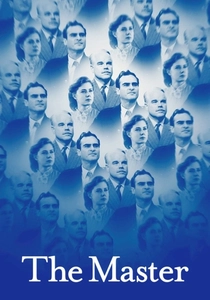
The Master (2012)
Description: Following World War II, a troubled drifter falls under the influence of a charismatic leader, leading to a complex relationship that explores themes of control, addiction, and self-destruction.
Fact: The film was inspired by the life of L. Ron Hubbard and the founding of Scientology.
 Watch Now
Watch Now
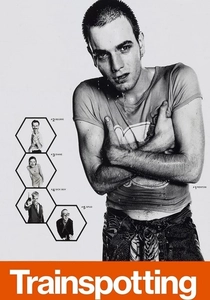
Trainspotting (1996)
Description: A darkly comedic look at a group of heroin addicts in Edinburgh, this film explores the highs and lows of addiction, showing how it can both destroy and define lives.
Fact: The film's title comes from a slang term for a hobby in the UK, which is collecting and watching trains.
 30 Days Free
30 Days Free
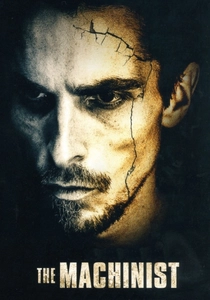
The Machinist (2004)
Description: Christian Bale's character, Trevor Reznik, is an insomniac machinist whose life unravels due to his inability to sleep, leading to a psychological breakdown.
Fact: Bale lost over 60 pounds for the role, showcasing his dedication to portraying the physical and mental toll of insomnia.
 30 Days Free
30 Days Free

Shame (2011)
Description: A man's life spirals out of control due to his sex addiction, showcasing the isolation and self-loathing that accompany such a destructive path.
Fact: The film was shot in just 25 days, and Michael Fassbender's performance was widely praised.
 30 Days Free
30 Days Free

